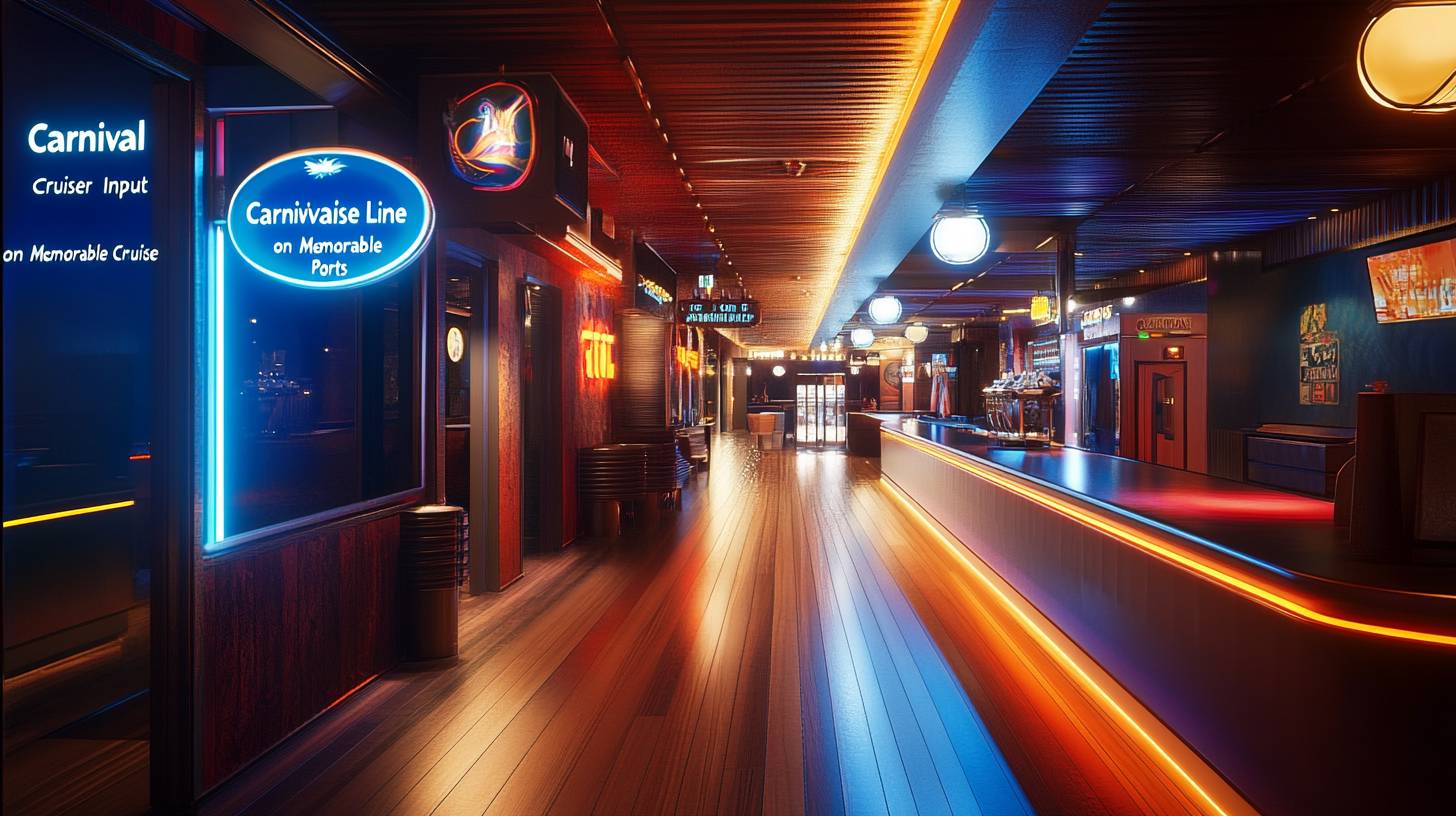
Carnival’s Reaction to Hurricane Ernesto
In August, Carnival Cruise Line encountered a major operational hurdle as Hurricane Ernesto approached Grand Turk. The *Carnival Magic* was at the port, but with the impending storm, the cruise line was compelled to make the vital choice to evacuate ahead of schedule. This was not a standard procedure, but the safety of passengers and crew was of utmost importance, necessitating the ship’s early departure before conditions deteriorated.
Carnival responded promptly by employing a multi-channel communication plan to keep all passengers apprised of the early departure. This was particularly difficult since many guests had already left the ship to explore the island. Carnival Brand Ambassador John Heald utilized social media, urgently updating his Facebook followers, which some passengers may have seen while ashore. Heald’s message was unambiguous: all passengers needed to return to the ship by 2:30 p.m. to prevent being stranded as the storm neared.
Alongside the social media communication, Carnival dispatched emails and text messages to every passenger, ensuring a variety of communication channels were used. Crew members were also sent onto the island to personally inform guests of the changes in plans. This all-encompassing strategy proved successful, as Carnival efficiently managed to gather all passengers back on board before the storm arrived.
While the situation was managed effectively, it raised an essential query for the cruise line: how can they guarantee effective communication with passengers who are off the ship, particularly during emergencies? The event emphasized the significance of having dependable communication systems in place, as any passengers left behind would have faced the perilous risk of being stranded on an island in the path of a severe hurricane.
The Difficulty of Passenger Communication in Port
The challenge of reaching passengers while they are ashore isn’t unique to Carnival but poses a major concern for the entire cruise sector. In a time when connectivity is increasingly anticipated, relying on traditional methods like text messages, emails, and social media might not suffice. The experience of *Carnival Magic* during Hurricane Ernesto brought to light the limitations of these channels, especially when passengers are in foreign locations and may have their phones off or in airplane mode to avoid roaming charges.
For Australian travellers, this calls for significant considerations. Like their U.S. counterparts, many Australians might turn off their phones while in port due to worries about international roaming fees. While some mobile carriers provide international roaming options, these can be expensive, and coverage isn’t always dependable. This can create potential communication gaps during emergencies, as passengers might miss vital updates from the cruise line if their phones are off or they are trying to conserve data usage.
From a commercial standpoint, this offers an opportunity for both cruise lines and telecommunication firms to work together on solutions that enable passengers to remain connected without incurring excessive charges. For example, providing affordable, short-term roaming packages specifically designed for cruise passengers could benefit both industries. Such offerings could provide reassurance for travellers, knowing they can be contacted in an emergency, while simultaneously generating more revenue for telecom providers.
Furthermore, cruise lines could investigate the use of alternative communication technologies, such as satellite messaging systems or specialized apps that operate independently of local networks. These innovations could allow passengers to receive essential updates even if their phones are in airplane mode or out of range of conventional cellular networks. For Australian enterprises engaged in the cruise and telecom industries, investing in these technologies could confer a competitive advantage in a landscape where safety and connectivity are increasingly interconnected.
Ultimately, the incident involving *Carnival Magic* serves as a reminder that effective communication is not merely a convenience but a crucial safety necessity. As the cruise industry expands, particularly in areas like the Caribbean and South Pacific, ensuring that passengers can be contacted in real-time during emergencies will be vital. For Australian travellers, recognizing the limitations of their mobile plans and exploring solutions for staying connected while abroad should be a crucial element of their travel preparations.

